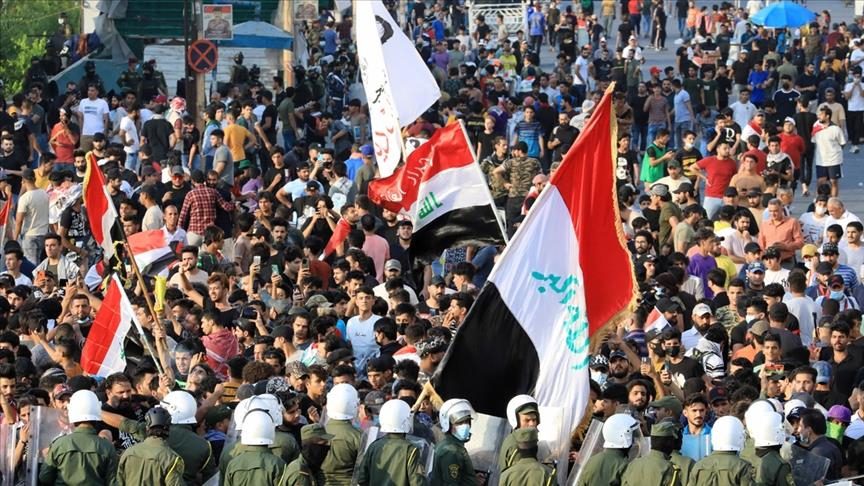Iraq is pressing ahead with the reinforcement of its western and northern borders alongside Syria by erecting a security fence. The purpose is to halt infiltrations by Islamic State militants, other militias, and drug gangs from Syrian territories into Iraq. The Iraqi authorities anticipate completing the fortifications by the year’s end.
Initiated in 2018, the construction of the 160-kilometre-long security wall spans the Anbar and Ninawa governorates, areas still grappling with infiltrations and drug trafficking from Syria.
Major General Tahsin al-Khafaji, spokesperson for the Iraqi Joint Operations Command, informed Al-Araby Al-Jadeed, The New Arab’s Arabic language sister publication, that the efforts to secure the western and northern international borders with Syria will persist until year-end. The security measures encompass a security wall, tunnels, and a series of fortifications to thwart infiltration operations from Syrian territories into Iraq.
Al-Khafaji affirmed Iraq’s commitment to completing the border fortification and security operations by the end of the current year. The comprehensive security approach involves constructing a cement wall, digging trenches measuring 3 meters in width and depth, installing barbed wire, erecting observation towers, and deploying border guard units alongside units of the Iraqi army. These measures aim to prevent ISIS militants from infiltrating the borders from the Syrian side and to curb organised crime and smuggling operations.
The Iraqi Ministries of Defence and Interior, in collaboration with the Joint Operations Command, are actively constructing concrete barriers along the border strip from the northwest in Ninawa Governorate. Specifically, the towns of Rabia and Sinjar, opposite Al-Hasakah Governorate in Syria, are focal points. The barriers are strategically placed in the most challenging and rugged areas, extending from the Fishkhabour crossing to the Gilbarat area.
The Islamic State group declared a self-styled caliphate in a significant portion of territory in Syria and Iraq that it seized in 2014. Despite its defeat in Iraq in 2017 after a three-year battle and in Syria in 2019, its sleeper cells persist in both countries.
Hatem Al-Filahi, a military expert, analyst, and researcher at the Rassam Centre for Studies, cast doubt on achieving complete security control over the border strip between Iraq and Syria. The length of the border, exceeding 600 kilometres, coupled with the limitations of Iraqi border guard forces, poses challenges. Threats emanate not only from ISIS but also from the PKK and armed factions with ties to Iran, complicating comprehensive border control efforts.
Over the past two decades, the Iraqi-Syrian borders have been plagued by infiltration operations by armed groups, including Al-Qaeda and ISIS, as well as smuggling and seizure operations by various armed groups along the border areas with Iraq.



















